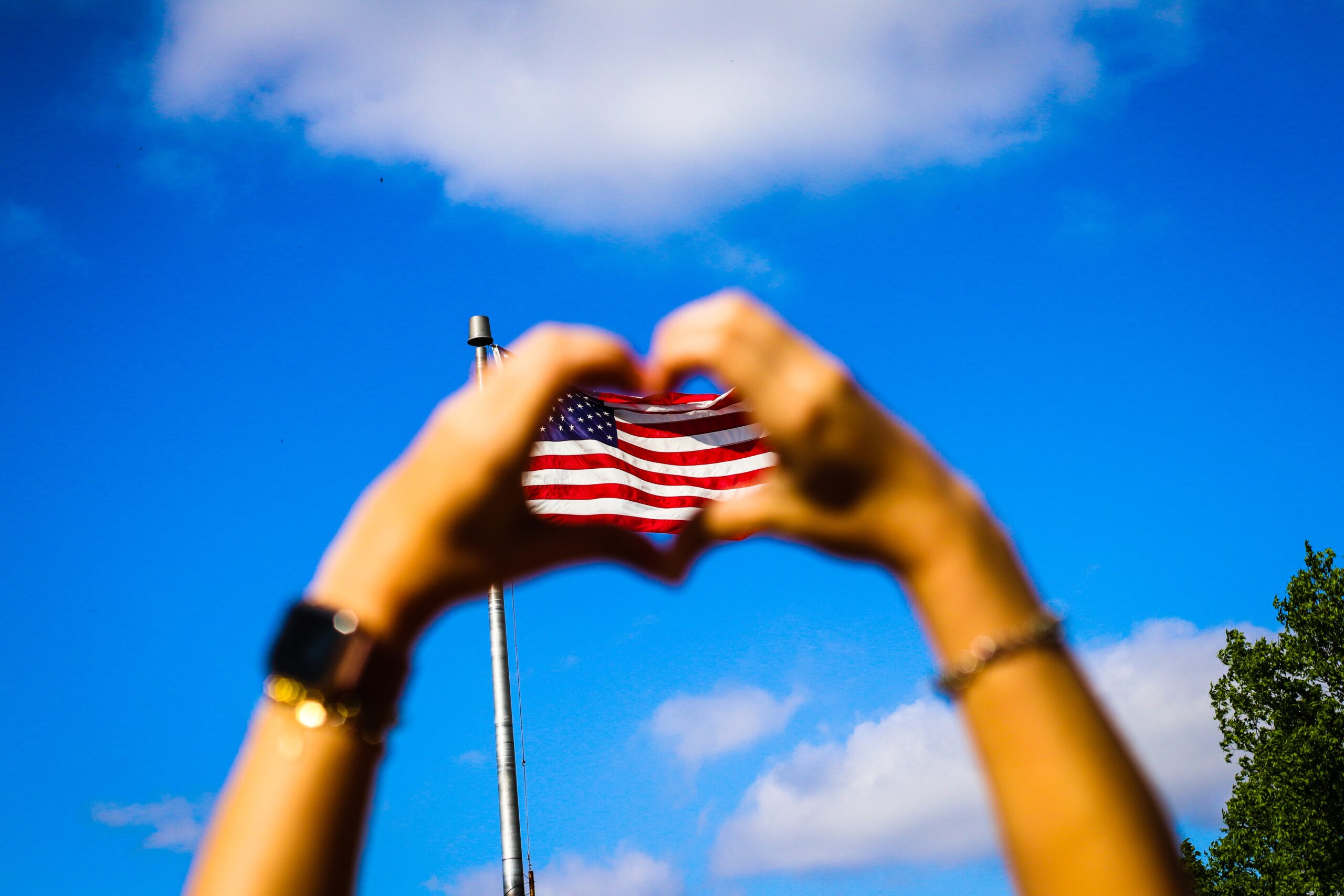In America, religious freedom is a cornerstone of our society. It is enshrined in our Constitution and is celebrated as one of our most cherished values. At the same time, the dynamics of religious freedom are often complex, and the intersection of sacred spaces and secular society can be fraught with tension. In this blog post, we will explore the meaning of sacred spaces, the role they play in American society, and how they relate to the broader principles of religious freedom.
At its core, a sacred space is any physical location or environment that is considered to be holy or imbued with spiritual significance. This can include churches, synagogues, mosques, temples, and other places of worship. It can also include natural sites, such as mountains, rivers, and forests, that are revered for their spiritual qualities. Sacred spaces are deeply meaningful to people of faith, and they play an important role in shaping religious identity and fostering a sense of community.
However, in a secular society like America, the role of sacred spaces can sometimes be contested. The First Amendment of the U.S. Constitution guarantees the right to freedom of religion, which includes the right to establish and maintain places of worship. However, there have been instances where local zoning laws, building codes, and other regulations have been used to restrict or even prohibit the construction of new religious facilities. This has led to legal challenges and debates about the appropriate balance between religious freedom and the interests of the broader community.
One example of this tension can be seen in the debate over the construction of mosques in America. In recent years, there have been several high-profile cases where proposed mosque projects have been met with opposition from local residents who claim that the buildings would be a threat to public safety or would negatively impact property values. While some of these concerns may be legitimate, many experts argue that the opposition is often based on prejudice and fear of the unknown. This highlights the complex interplay between religious freedom and the broader social and political context in which it operates.
Another aspect of the dynamics of sacred spaces and secular society is the role of religion in public life. While the First Amendment prohibits the government from establishing a state religion, it does not prohibit religious expression in the public square. This means that individuals and groups have the right to express their religious beliefs and values in the public sphere, whether through prayer, worship, or other forms of religious expression. However, this right is not absolute, and there are limits on the extent to which religious expression can be imposed on others or can interfere with the rights of others.
For example, there have been cases where public officials have displayed religious symbols or engaged in religious activities in government buildings or at public events. While some may argue that this is a legitimate expression of their faith, others may see it as a violation of the principle of separation of church and state. Similarly, there have been cases where individuals have refused to provide services or accommodations based on their religious beliefs, such as a baker who refuses to make a cake for a same-sex wedding. These cases raise questions about the appropriate balance between religious freedom and the rights of others.
In conclusion, the dynamics of religious freedom in America are complex and multifaceted. Sacred spaces play a central role in the religious experience of many Americans, but their relationship with secular society is often contested. Similarly, the role of religion in public life is a source of ongoing debate and discussion. As we navigate these complex issues, it is important to remember that religious freedom is a fundamental right that must be balanced against the broader interests of the community. By engaging in thoughtful dialogue and seeking common ground, we can uphold the principles of religious freedom while promoting the common good.












Recent Comments